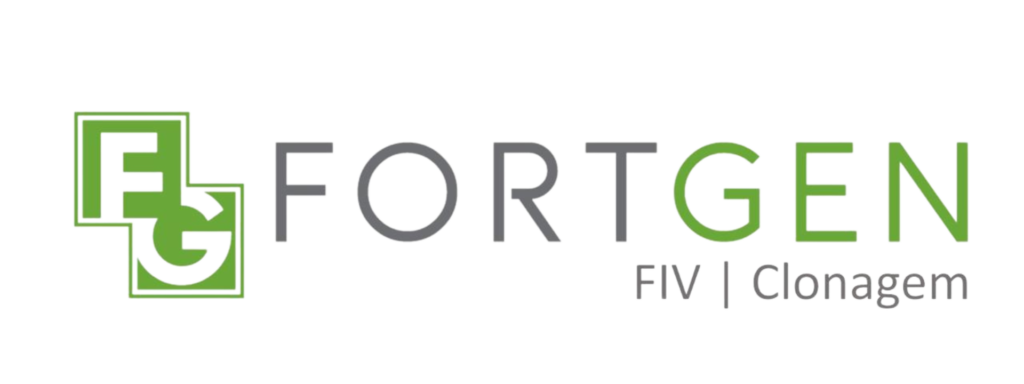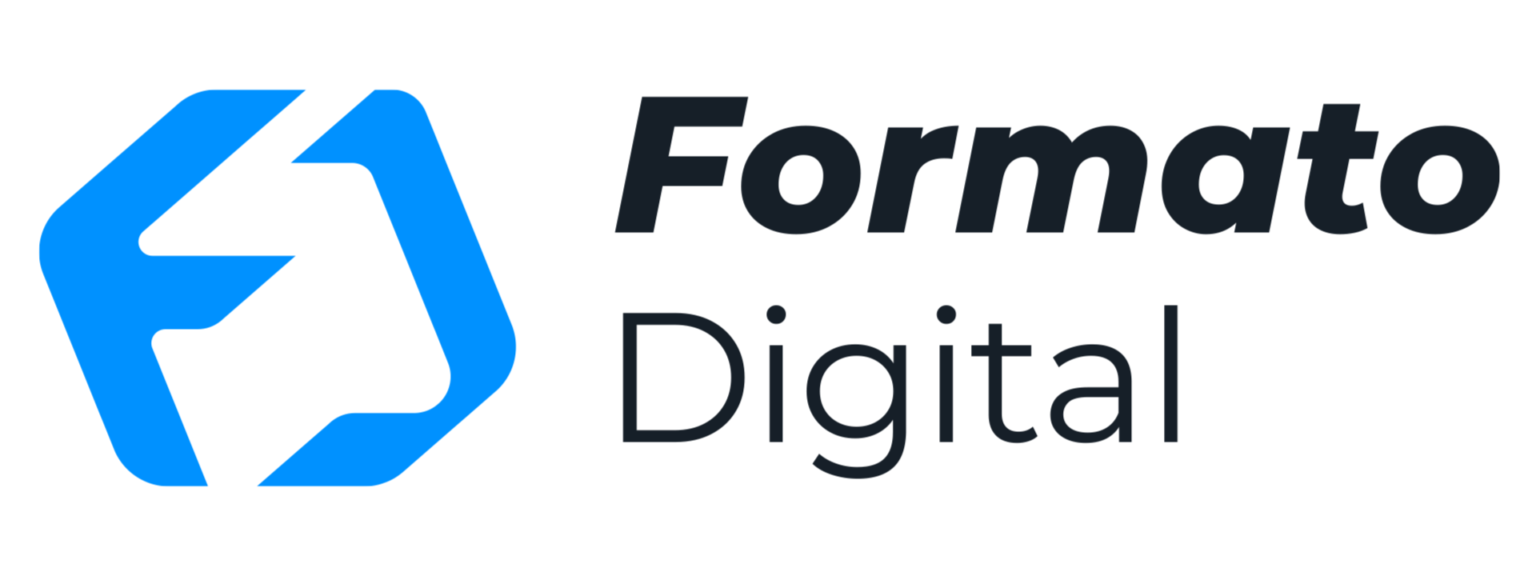Antibody is used in the treatment of several types of cancers. Based on a test in mice, the research showed the effectiveness of the biopharmaceutical in reducing the size and weight of tumors
With more than 200 million inhabitants, Brazil has the seventh largest pharmaceutical market in the world, according to a survey carried out in 2018 by Conselho Federal de Farmácia (CFF). Even so, the country is highly dependent on imported inputs and technology in the sector. Altogether, more than 90% of finished drugs and active ingredients are brought in from outside. The anti-VEGF antibody, for example, used to treat different types of cancer (lung, ovaries and colon), is totally imported.
Research developed at the University of Fortaleza, by Edson Queiroz Foundation , identified a high concentration of the anti-VEGF monoclonal antibody produced on an animal platform, specifically in the milk of genetically modified goats developed at the University itself. The study is coordinated by researchers from the Núcleo de Biologia Experimental (NUBEX), Kaio Tavares, Leonardo Tondello and Saul Gaudêncio.
Tondello points out that a transgenic goat produces enough anti-VEGF daily to treat up to 60 patients. The researcher points out that, in Brazil, a bottle containing 400 mg of the biopharmaceutical costs up to 7 thousand reais. Goats are producing an average of 3.8 grams of the antibody per liter of milk, which corresponds to 9.5 vials/liter of milk. In this way, the production of the drug appears as a new alternative for the treatment of the disease, since the production of the drug in goat milk is considerably cheaper compared to other production platforms.
Biopharmaceuticals are drugs that make up the smartest class of drugs today, resulting in effective and safe treatments. They are produced from genetically modified living organisms such as bacteria, fungi, yeast, animal or plant cells , in plants or animals, and stand out for their specific therapeutic effect, thus increasing the likelihood of cure and reducing side effects.
The researchers identified that the anti-VEGF found in the milk of transgenic goats has a similar structure to human antibodies. This means that it has low potential to be rejected by the human body. “When talking about biopharmaceuticals, there is always concern about the rejection rate. Several products that are on the market cause a certain degree of rejection, causing some degree of immune reaction in patients. Even so, they are marketed because their therapeutic effect pays off”, says Tondello.
In a comparative analysis between the anti-VEGF produced in the genetically modified goat and the commercial anti-VEGF Avastin, currently used on the market for the treatment of cancer, the research detected that the antibody produced in the milk of the transgenic goat is even more similar to human immunoglobulin than Avastin itself.
The studies also looked at the effectiveness and activity of the antibody. The scientists performed pre-clinical tests in vivo on mice with lung cancer. The animals that were treated with the anti-VEGF produced in the milk of transgenic goats had a very significant reduction in the size of the tumors.
The studies also resulted in the elaboration of a purification protocol whose process brings results above 70%, which means high efficiency. As the anti-VEGF is obtained from goat's milk, the antibody needs to be purified, as it will eventually be injected into the bloodstream via the intravenous route. In this case, the antibody must be fully purified.
Pioneering and innovation
The University of Fortaleza is a pioneer in the country in the production of biopharmaceuticals through an animal platform, using cloning by nuclear transfer of somatic cells with transgenic cells as a means to establish an expression system in goat milk.
In May 2019, the first genetically modified goats were born for the production of anti-VEGF. The goats, produced and raised at the University, allowed for a larger scale production of the biopharmaceutical.
This production platform is innovative, productive, scalable and safe for the synthesis of biopharmaceuticals. “It is just another production platform, although it is considered innovative since very few groups and industries dominate this technology worldwide”, explains Tondello.
Partners celebrate results
The project is developed in partnership with Fortgen Technologies, a company incubated at the University of Fortaleza, with the Universidad de Concepción, in Chile, and with the Centro de Biotecnologia y Biomedicina (CBB), Chilean company. The results obtained by the team were concentrated in the last two years. “Comparing this package of results with the birth of Gluca, the first transgenic goat in Latin America, produced at the University of Fortaleza, this is now considerably broader and more complex. Now we are talking about the production of a transgenic animal, which properly produces the biopharmaceutical in milk, in high concentration. We talk about purification, assessment of positive molecular structure and in vivo activity”, reiterates Tondello.
Search at Unifor
The University of Fortaleza has been carrying out research with transgenic goats since 2010.Initially, the objective was to reduce infant mortality and diarrhea in the country's semi-arid region. Research has expanded to the development of biopharmaceuticals for the treatment of other diseases, such as Gaucher disease, autoimmune diseases, leukemias, lymphomas, among others.
A milestone was the birth of the Gluca goat, the first transgenic goat in Latin America produced by cloning genetically modified cells. The name was given due to a protein that it produces in milk, glucocerebrosidase. Those who do not produce it have impairment of organs such as the liver, spleen, and central nervous system, in addition to pain in the bones. The symptoms characterize Gaucher disease, a rare genetic disorder.
In 2015, Beta is born, the second transgenic goat clone in Latin America. Beta was produced from Gluca cells, being a clone of a clone. The idea was to produce a herd that produced glucocerebrosidase.
In 2016, three transgenic clones were born for lactoferrin, a protein found in human milk with antibacterial, antifungal and antiviral properties.
Since 2019, researchers have directed their studies towards the development of anti-VEGF. In May, the first goats genetically modified for the production of the anti-VEGF monoclonal antibody were born. The three goats produced and bred at Unifor allowed a larger scale production of the biopharmaceutical.


